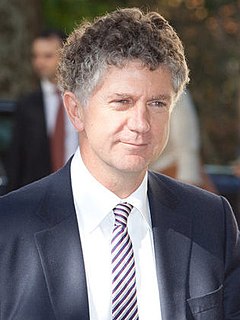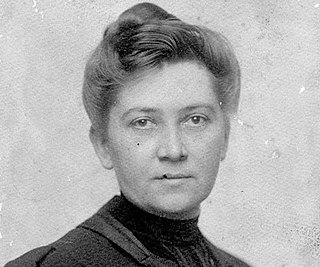A Quote by Benedict Cumberbatch
Any privacy in public is a hard thing to negotiate.
Related Quotes
The trouble is that privacy is at once essential to, and in tension with, both freedom and security. A cabinet minister who keeps his mistress in satin sheets at the French taxpayer's expense cannot justly object when the press exposes his misuse of public funds. Our freedom to scrutinise the conduct of public figures trumps that minister's claim to privacy. The question is: where and how do we draw the line between a genuine public interest and that which is merely what interests the public?
Privacy is dead. We live in a world of instantaneous, globalised gossip. The idea that there is a 'private' sphere and a 'public' sphere for world leaders, politicians or anyone in the public eye is slowly disintegrating. The death of privacy will have a profound effect on who our leaders will be in the future.
I don't think he would have had any trouble answering Justice Sonia Sotomayor's excellent challenge in a case involving GPS surveillance. She said we need an alternative to this whole way of thinking about the privacy now which says that when you give data to a third party, you have no expectations of privacy. And [Louis] Brandeis would have said nonsense, of course you have expectations of privacy because it's intellectual privacy that has to be protected. That's my attempt to channel him on some of those privacy questions.
Privacy is an age of universal email collection and spying, with millions of CCTV cameras and warrantless spying pervasive; privacy has become virtually nonexistent and, therefore, extremely scarce and desirable. Bitcoin can be a completely anonymous transaction that maintains the user's privacy beyond the reach of any authority.
Invitations to speak upon public occasions are among my most grievous embarrassments. Why is it inferred that one is or can be a public speaker because she has written a book? Writing is a very private business. I do not know any other occupation which requires so much privacy unless it is a life of prayer or a life of crime.




































